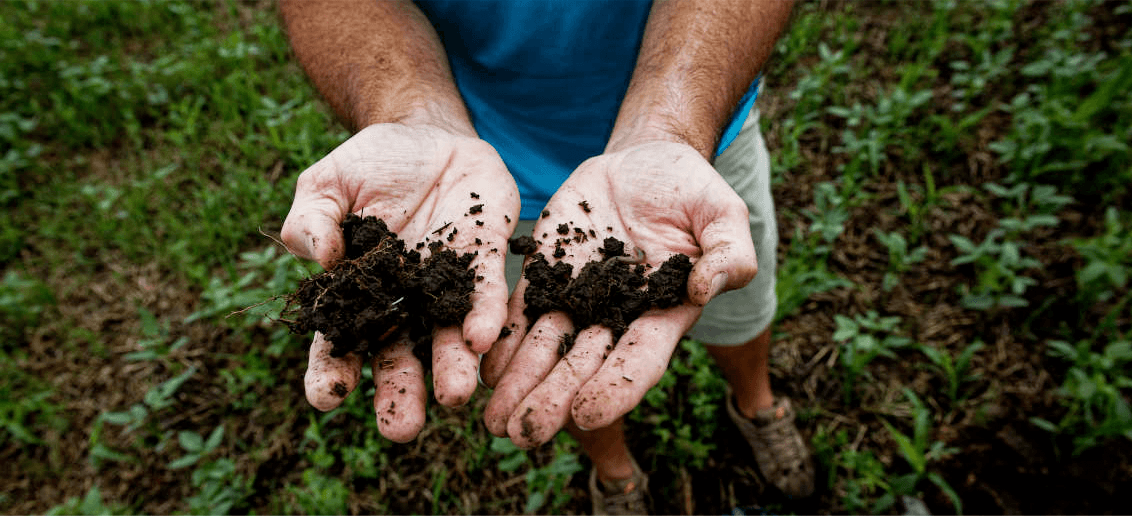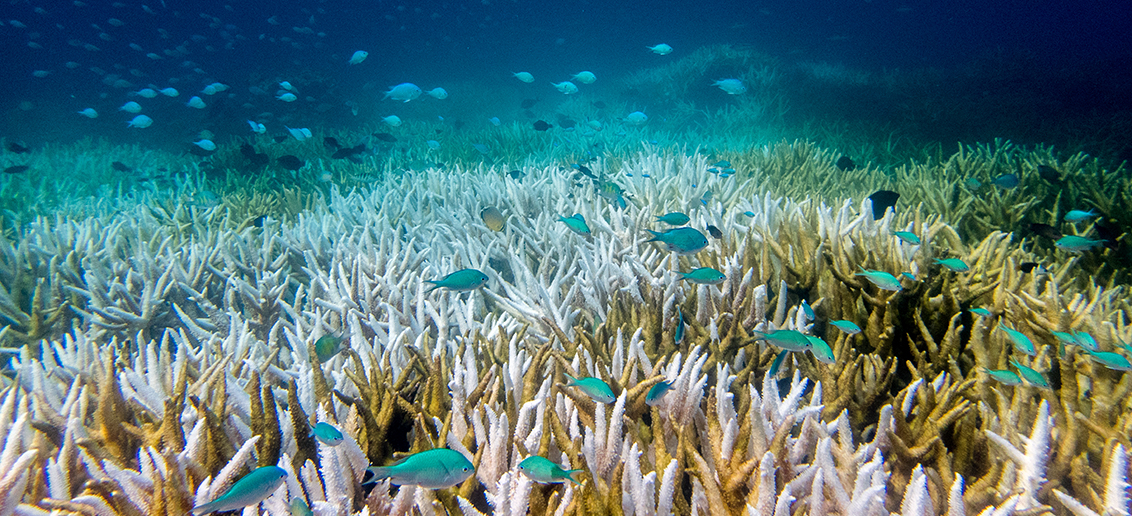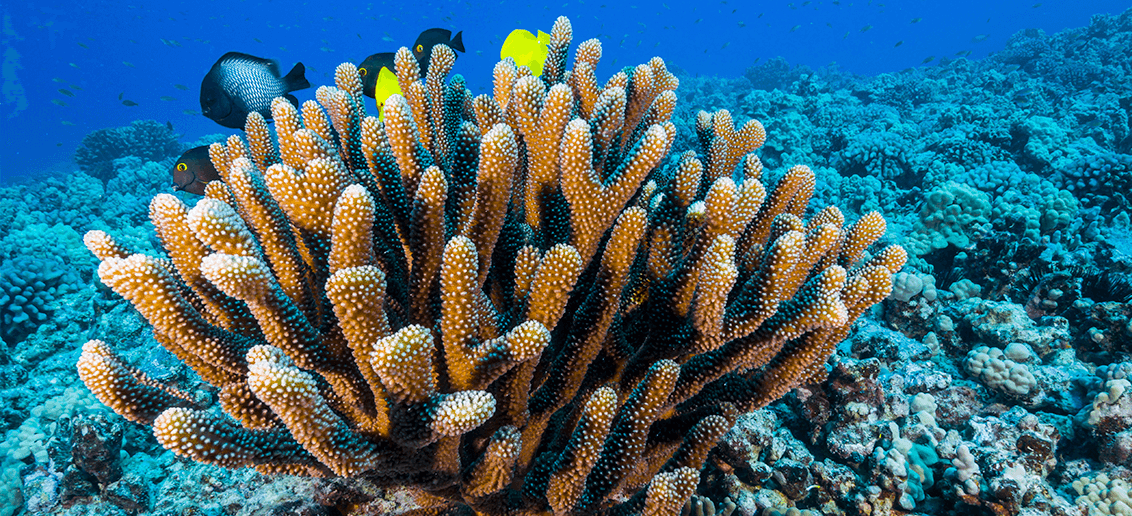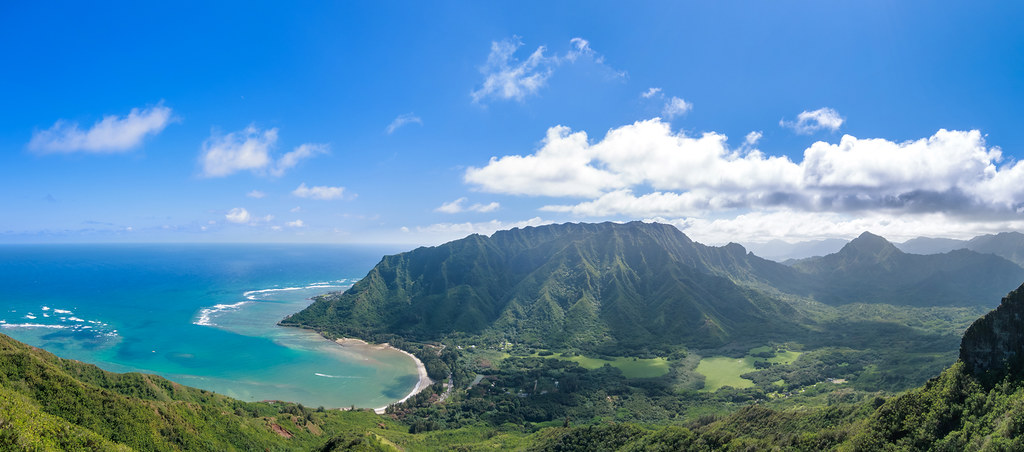Important funding announcement
Federal funding for the Pacific Islands Climate Adaptation Science Center (CASC), along with the Northeast and South Central CASCs, ends September 30, 2025. Our CASC team submitted a competitive proposal to the U.S.Geological Survey (USGS) in late January 2025 to continue hosting the Center by a university consortium, currently led by the University of Hawaiʻi, in cooperation with the the University of Guam, and in proposed partnership with the Northern Marianas College, Palau Community College, American Samoa Community College, the College of the Marshall Islands, and the College of Micronesia with a new host agreement to begin on August 1, 2025. Unfortunately, approval to move forward has been halted by the Department of the Interior (DOI).
As a result, we will be forced to drastically reduce the services we provide to partners. Although the FY26 House and Senate budget markups emphasize the bipartisan and bicameral support for the CASC network going forward, our full-year funding is unavailable for CASC student, staff, and faculty salaries, engagement activities with Indigenous communities and resource managers, travel and workshops, communication products, and research administration.
Beginning October 1, 2025, the Pacific Islands CASC will fully transition to minimal operations until such time when the DOI approves our FY25 funding. Without base funding, we will be unable to participate or lead any new projects, programs, or services. Existing efforts will also be paused or reduced in scope until we receive our funding, which is currently being withheld by the DOI and the Office of Management and Budget (OMB) for our CASC and the two other regional CASCs.
Without funding for the Pacific Islands CASC, we are unable to add new expertise for climate adaptation or grow new partnerships with Indigenous communities, as well as Federal and State agencies across Hawaiʻi, Guam, and the U.S.-Affiliated Pacific Islands. We had planned to add six additional consortium members to our team, hire four postdocs to conduct relevant research driven by your needs, develop our region’s STEM workforce, and develop a new Actionable Research Program to translate science into action regionwide. At this time, none of this proposed work will be able to move forward, and many existing services will cease.
You may still contact us through picasc@hawaii.edu, but expect delays and reduced services.
The Pacific Islands Climate Adaptation Science Center (PI-CASC) is a collaborative partnership between the US Geological Survey and a university consortium hosted by the University of Hawaiʻi at Mānoa, with the University of Hawaiʻi at Hilo and the University of Guam, designed to support sustainability and climate adaptation in communities across the Pacific Islands.
Our goal is to provide natural resource managers and cultural stewards in federal, state, and local arenas access to the best science available on climate change and other stressors impacting the region’s natural and cultural resources. Emphasizing cooperative efforts between researchers and managers, we aim to create actionable science and accessible products to use on real problems.

PI-CASC research generates actionable climate science within several key focus areas defined by regional stakeholder needs.

PI-CASC strives to turn research results into usable products, providing resource managers the tools to address climate impacts.

PI-CASC programs focus efforts on topics like co-production, student and regional capacity building, and stakeholder networking.
The Pacific Islands region is among the first to experience climate shifts and witness their socio-ecological effects. To adapt, we aim to understand these climate change impacts and identify effective adaptation strategies using cutting-edge research, regular dialogue with stakeholders and community members, and sharing of new and available online resources.

Learn about some of the foremost climate challenges facing the Pacific region across land, sea, and sky.

Explore the impacts of climate change on ecosystems, species, and processes, starting with coral bleaching.

Discover new resources for your climate adaptation needs in this curated selection of online sites and tools.

Explore the diversity of our research projects and learn more about our stakeholder-driven climate science.

Another successful SURF summer

CASCs open new doors for Dr. Yinphan Tsang

Pacific RISCC December 2025 Webinar – Strengthening Island Resilience through Invasive Species Removal in Guam’s Limestone Forests

Pacific RISCC November 2025 Webinar – Modeling invasive grass responses to a changing climate in Hawaiʻi
Fly over a future Pu’uhonua o Honaunua Park using this augmented reality app to see the effects of sea-level rise.
Visit this online resource for students and teachers to explore place-based climate science learning materials, tools, and data.
Pacific Islands Sea Level Rise Project Explorer
Explore this interactive tool presenting sea-level rise research projects and tools across the Pacific.

